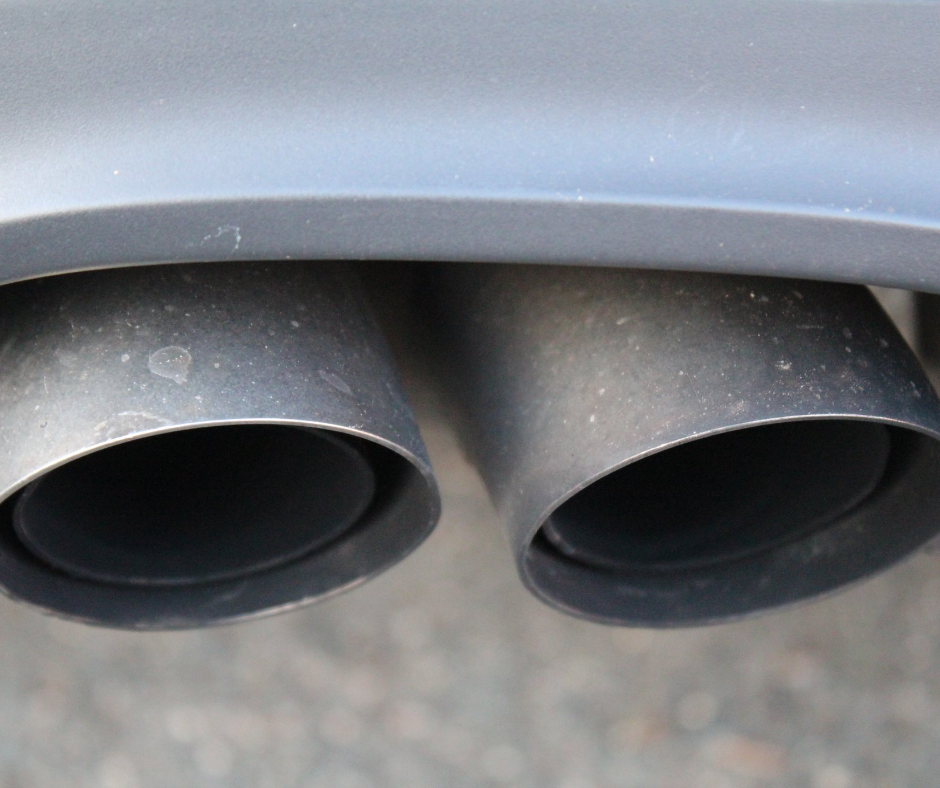
Published Tuesday 11 January 2022 at 16:20
How green can you be when driving? That’s the question Blackburn with Darwen’s Assistant Executive Member for Growth and Development Councillor Zainab Rawat is asking.
Zainab explains:
I’m asking residents across our borough to think about how they drive in a bid to stop engine idling and to avoid engine fumes clogging up our atmosphere. I’m passionate about reducing air pollution in BwD and we can all make a difference through changing our driving habits.
The Royal College of Physicians estimate 40,000 deaths a year in the UK are linked to air pollution, with engine idling contributing to this.
The Government is working to address the issue, but what can you do to help the situation? Cutting out engine idling will help for a start – not only will it improve air quality in congested areas but it is also illegal and a fine-able offence.
What is idling?
Idling means leaving a vehicle’s engine running while it is stationary.
While this is often because of everyday traffic, there are some instances – such as waiting for children outside schools and sitting in total gridlock – when idling is not necessary and should be avoided.
Why is idling bad?
An idling engine can produce up to twice the emissions of a car in motion, chucking out unnecessary sulphur dioxide, particulate matter and nitrogen oxide.
These chemicals have a negative effect on the environment by contributing to poor air quality, and they all contribute to asthma, heart disease and lung cancer.
Diesel vehicles are thought to be one of the biggest contributors to the problem.
Rule 123 of The Highway Code looks at ‘The Driver and the Environment’. It states that drivers must not leave a parked vehicle unattended with the engine running or leave a vehicle engine running unnecessarily while the vehicle is stationary on a public road.
Local authorities can charge a £20 fixed penalty notice (FPN) for emission offences and stationary idling under The Road Traffic (Vehicle Emissions) (Fixed Penalty) (England) Regulations 2002. With potential for the fine to increase to £801.
However, it’s important to note that fines are imposed only if a motorist refuses to switch off their engine when asked to do so by an authorised person. According to research, 44 per cent of drivers support the measure.
Engine idle problem outside schools
Research found that 26 per cent of those caught idling are spotted doing so outside schools.
Most parents don’t idle their car engines illegally, but idling happens in all kinds of everyday motoring situations that most people wouldn’t think twice about.
Cutting your engine for 10 minutes can prevent one pound of Carbon Dioxide from being released, meaning choosing to turn off your engine instead of idling during these everyday situations can have a huge impact on the environment.

For more news about active travel and road safety visit Blackburn with Darwen Connect (bwdconnect.org.uk)
